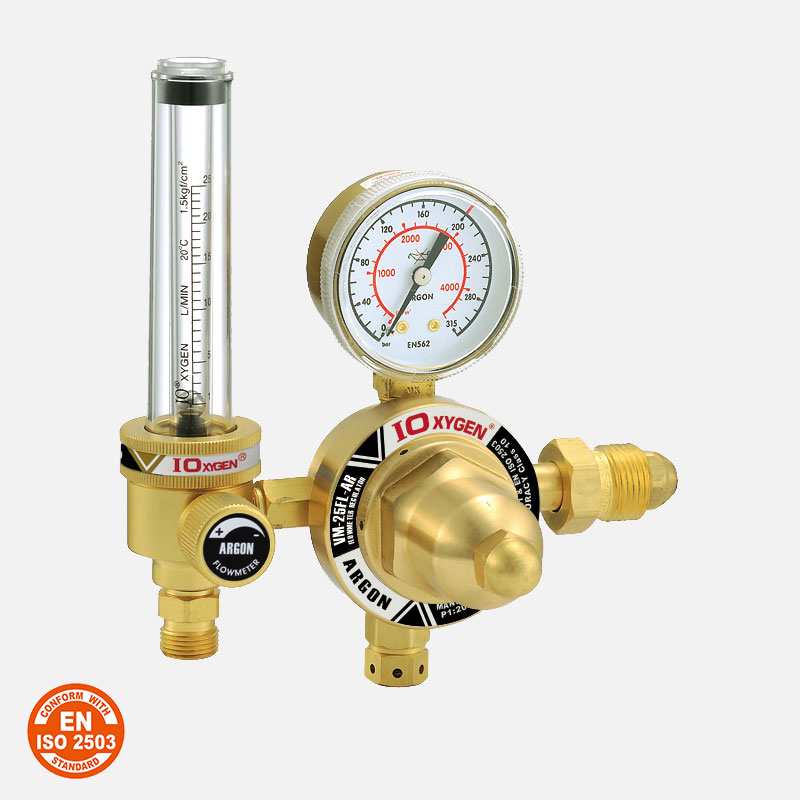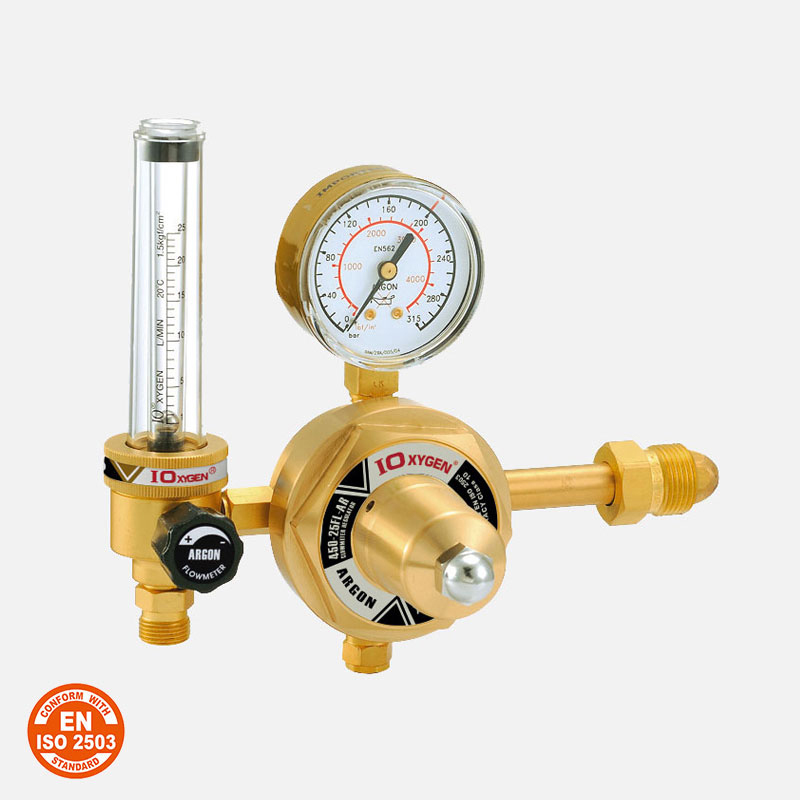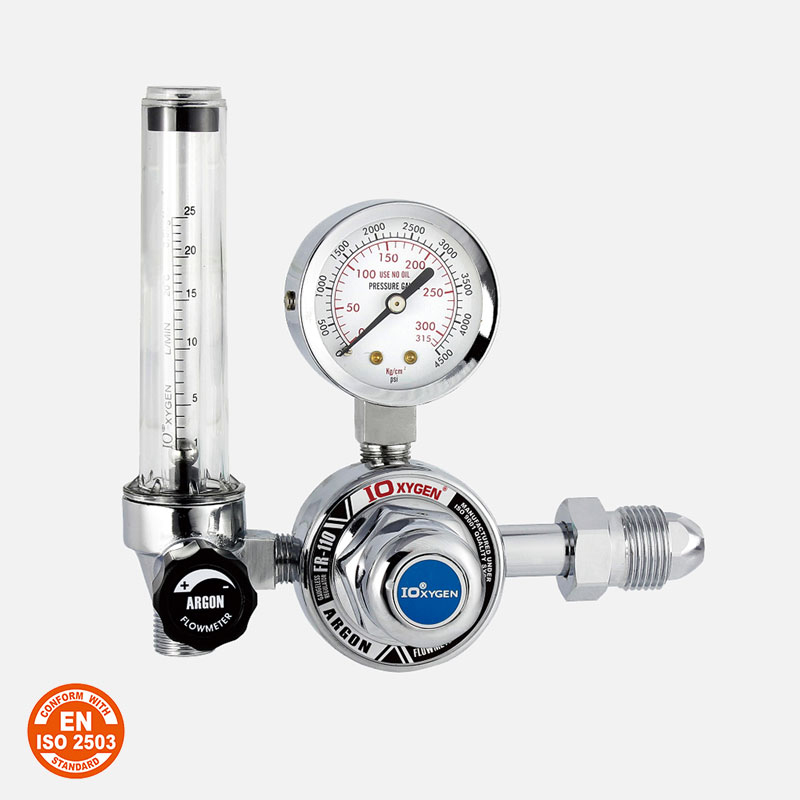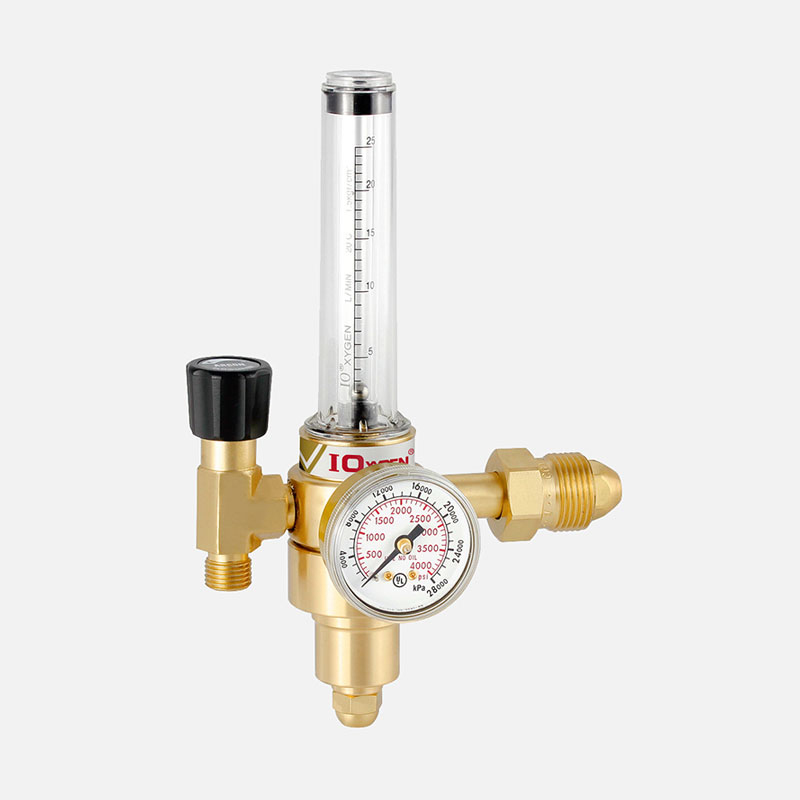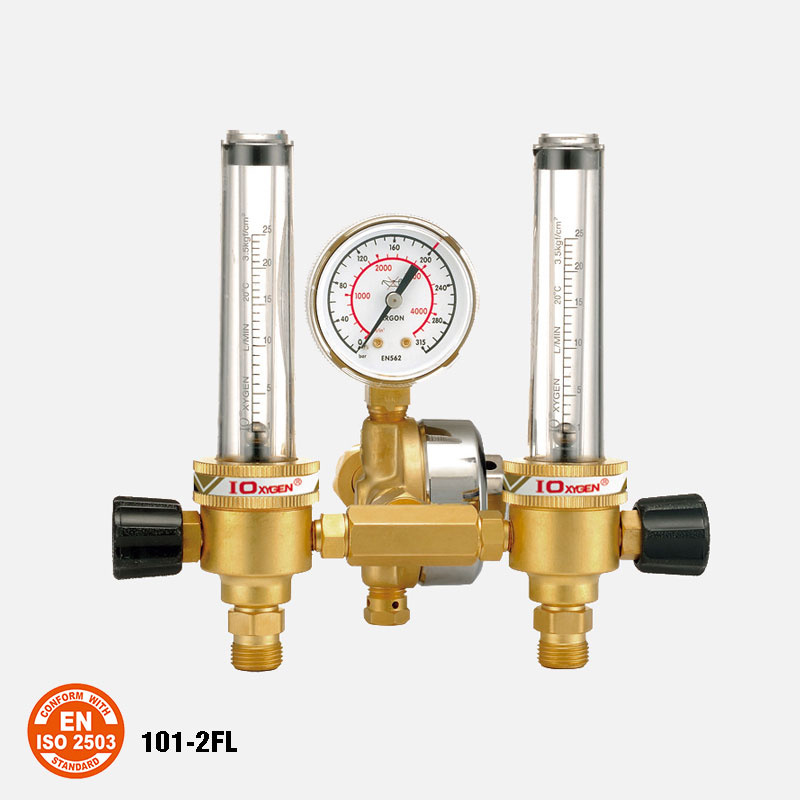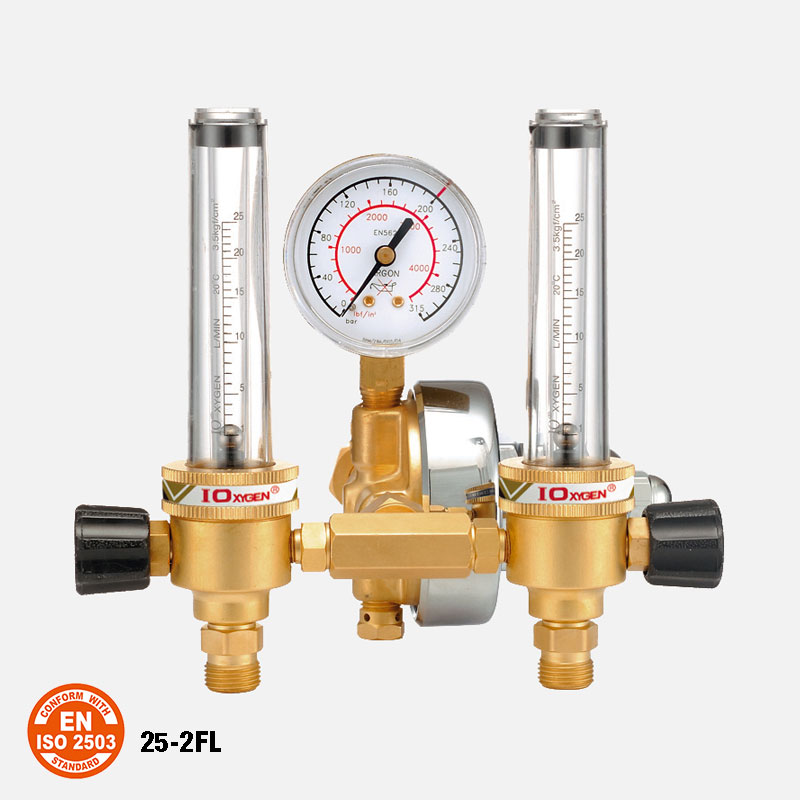The main difference between a Flowmeter Regulator and a Flowgauge Regulator lies in their primary function and the specific applications they are designed for. Here's a breakdown of the key differences:
Ultimately, the choice depends on the nature of the work you're performing. If you require consistent and precise flow rate control, a flowmeter might be the better option. If you need the ability to visually confirm gas flow, a flowgauge could be more suitable.
If you have any inquiries or need assistance with your project, don't hesitate to reach out to our dedicated MORRIS team. We're here to provide expert guidance, answer your questions, and we'll be more than happy to assist you every step of the way.
Regulator Flowmeter:
- Delivers gas at a fixed pressure to a variable orifice (valve).
- The pressure remains constant while the flow rate can be adjusted using the variable valve.
- Provides a reading of cubic feet per hour (CFH) or liters per minute (LPM).
- Suited for applications where maintaining a constant pressure is important, and flow rate adjustments are made through the valve.
Flowgauge Regulator:
- Uses variable pressure to deliver gas to a fixed orifice (drilled hole).
- The pressure varies to control the gas flow rate through the fixed orifice.
- Also provides a reading of cubic feet per hour (CFH) or liters per minute (LPM).
- Suitable for applications requiring precise gas flow control and consistent pressure levels.
Ultimately, the choice depends on the nature of the work you're performing. If you require consistent and precise flow rate control, a flowmeter might be the better option. If you need the ability to visually confirm gas flow, a flowgauge could be more suitable.
If you have any inquiries or need assistance with your project, don't hesitate to reach out to our dedicated MORRIS team. We're here to provide expert guidance, answer your questions, and we'll be more than happy to assist you every step of the way.

